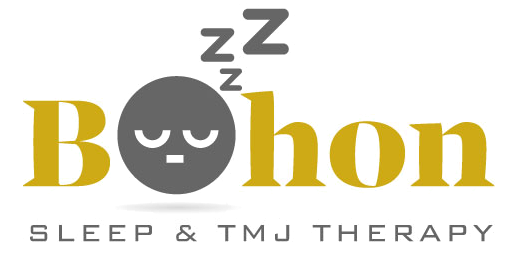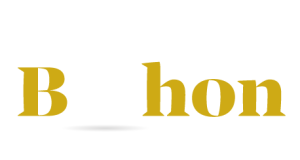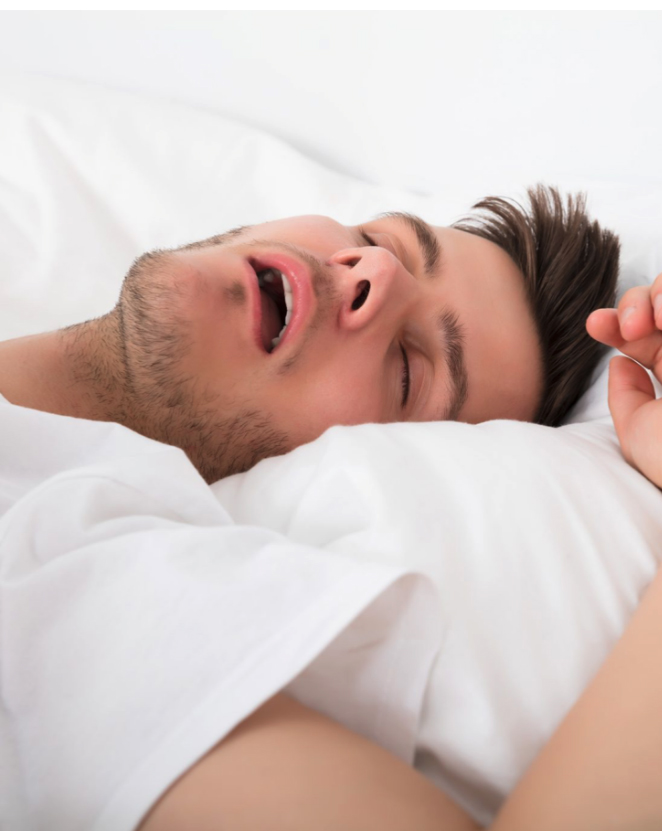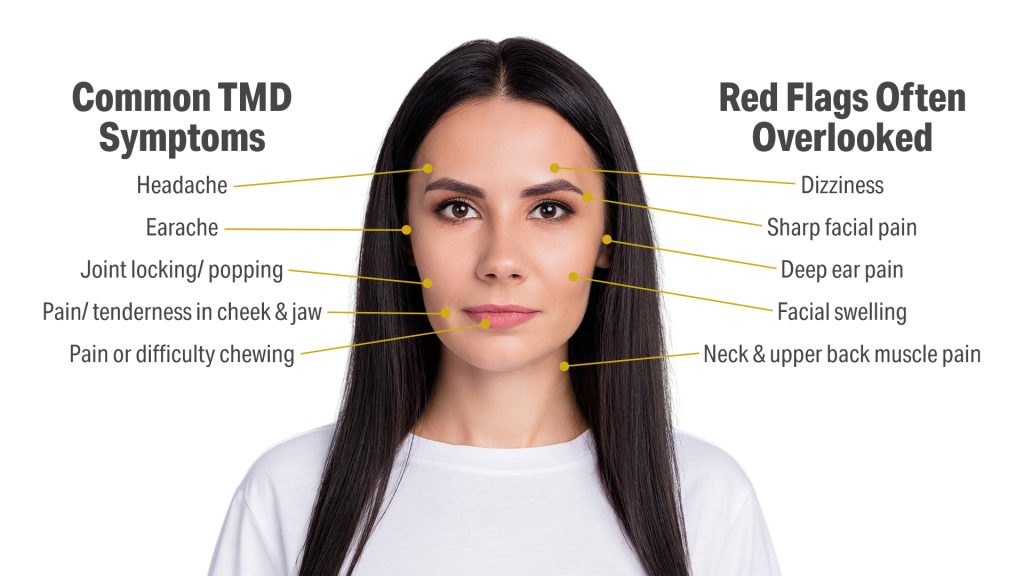- 1505 Chapel Hill Rd #203, COLUMBIA
- centralmosleepandtmj@gmail.com
- Mon - Thurs 8:00am - 4:30pm
- 573-303-5501
- 573-303-5501
Relief Starts Here.
Sleep Better. Live Better.
TMJ, Sleep Apnea, and Snoring Solutions in Columbia. Freedom from jaw pain and sleepless nights. Wake up rested. Live without pain.




